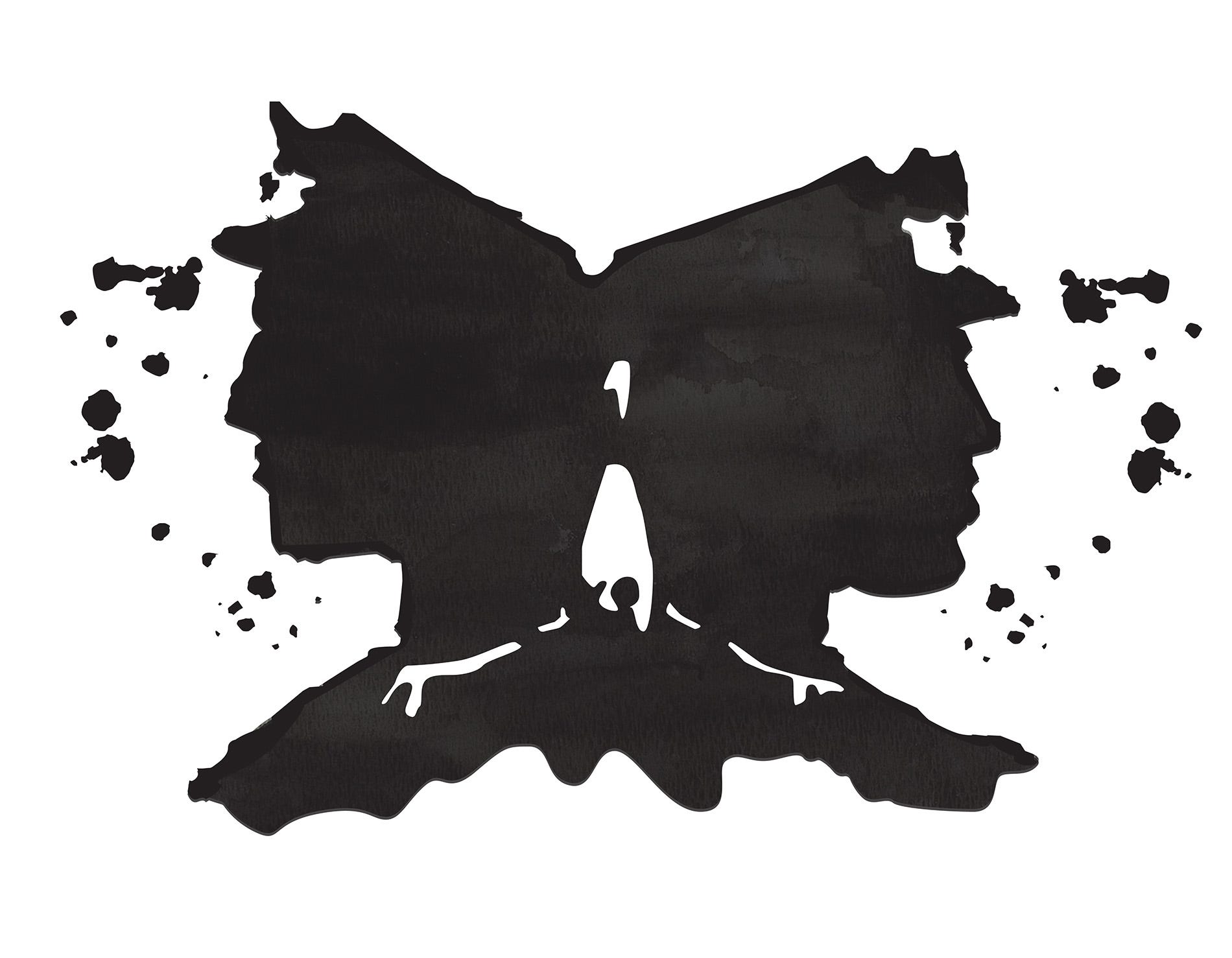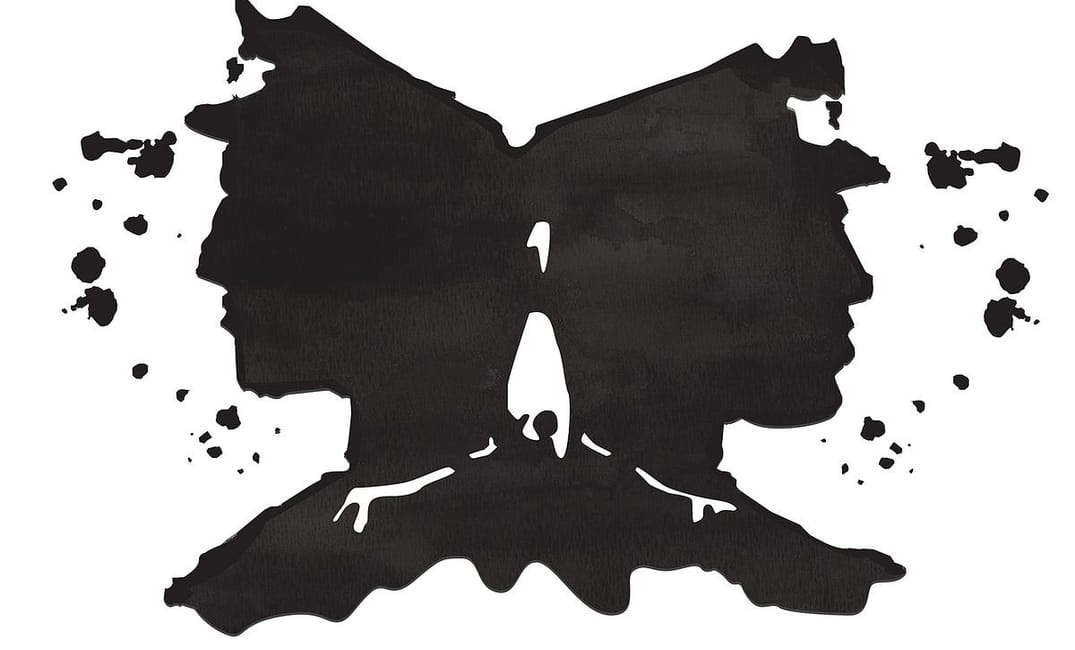
After so many Oakland Police Department officers were caught raping an exploited sex worker, you have to wonder how these guys are getting hired.
(In case you haven’t been following the scandal, go read about it here. There are allegedly 32 law-enforcement officers — in the Oakland, San Francisco and Richmond PDs — who raped or had rapey legal sex with the same girl, often in exchange for sensitive police information and protection. At least three officers had sex with her before she was 18. The story is chock-full of social media strangeness, politics, suicides and more.)
On June 22, the Oakland City Council voted to delay 2017 police hiring until they can complete an audit of the department’s recruitment and training.
And this is just from one woman who is telling it like it is. Can you imagine how many others out there are being exploited by the police but for obvious reasons aren’t telling their stories?
In this latest, greatest scandal, so many officers were caught doing so many shocking things that it goes past the point of a few bad apples. The victim’s name was being openly passed around the department. No one spoke out. Instead, cops posted public messages to the victim on social media like it was no big deal. Certainly, idiocy of this caliber could be weeded out somewhere along in the process? How did men like this make it this far as police officers? It makes you wonder if there’s something about the job itself that self-selects for the kind of person who would see a sex-trafficked girl in need of help and say, “Hey, I can take advantage of my position of authority and have sex with this person!”
It seems that rather than protecting citizens, the system is set up to protect police departments from something far more insidious than bad cops: lawsuits.
Being a police officer is a high-paying, high-power job that requires minimal education and minimal ambition. If you are stuck in a dead-end security job without a college degree making $9.50 an hour, you could step that up to $90,000+ plus sweet benefits. It’s a hard job, but no doubt that’s an attractive offer. Fortunately, there are many upstanding folks who are attracted to the profession because they sincerely want to help people. But many are attracted by the power.
Neither recruitment nor training is the crux of the problem. Instead, there’s a crucial step in between that often gets overlooked: the psychological evaluation.
Given that reality, you’d hope there was an effective system for weeding out the kind of folks who might exploit the influence that comes with wielding a badge and a gun. In light of police scandals past and present, I got curious and wondered, is there a screening process in place to ensure that power-hungry, rapey folks don’t get to become police officers?
My research has led me to believe that neither recruitment nor training is the crux of the problem. Instead, there’s a crucial step in between that often gets overlooked: the psychological evaluation.
The psych eval is the only opportunity for a prospective officer to be examined independently, outside of the police department trying to hire them. The evaluation is supposed to measure whether someone is psychologically fit to serve.
Avoiding Discrimination
Why don’t police psych evaluations work? The main reason is that the comprehensive psychological evaluation doesn’t happen until AFTER the person has been offered the job.
Huh?
Why is it done this way? Because police departments are required to hire officers on the basis of their objective ability to do their job. Only after they’ve proven themselves worthy of being offered a position can they legally ask, “Is this person psychologically disordered enough to un-hire them?”
This act of administrative presto chango protects police departments from lawsuits. But it also diminishes the effectiveness of the evaluation.
It’s a violation of the Americans with Disabilities Act (ADA) to deny someone a job due to a disability. For example, imagine that a blind person wanted to be a police officer. Under the ADA, it would be illegal to not give them the job just because they’re blind. That would be discrimination. Most likely a blind person will not get the job because they won’t be able to perform all the required duties. It’s perfectly legal to exclude someone for not being able to do the job. And it’s the same for psychological disorders.
So it’s the psychologist’s job to try to suss this out and protect us from these sorts of people.
To make the process even more confusing, there is an initial psychological evaluation at the beginning of the hiring process, too, but the evaluator is strictly forbidden from making a diagnosis. It doesn’t matter what disorder the recruit might have — psychosis, PTSD, whatever. If the psychologist makes a diagnosis and excludes a job candidate at this point, the police department could be sued.
If a candidate is completely unstable, with no impulse control, then they probably won’t make it past the initial evaluation. But this step prunes out only the lowest-hanging fruit. And it certainly does not identify the kind of folks who know how to manipulate the process and represent themselves as functional people.
Now flash-forward many months. The soon-to-be-newly-minted officer has gone through a battery of written tests, physical tests and interviews. Significant resources have been invested in this particular recruit. They are already hired!
THIS is when the comprehensive psychological evaluation happens. At this point, the psychologist is allowed to make a diagnosis. However, this far along in the process, there are numerous incentives not to disqualify an officer, since so much has been invested in them already.
With a quick search online, I found a world of cop message boards where proto-cops ask for advice on how to pass the psychological test and even cheat.
The Test Itself
The psych eval itself is highly problematic. In the USA, departments can utilize only tests that have been experimentally proven not to discriminate against race, gender, etc., like the Minnesota Multiphasic Personality Inventory (MMPI).
And while there’s evidence that the MMPI pathologizes more blacks than whites, still, in theory, a standardized test is better than a potentially racist psychologist. But having a standardized test creates a whole new problem if the test takers can prepare and even cheat on the test.
Should a psychological test be something someone should be able to prepare for? With a quick search online, I found a world of cop message boards where proto-cops ask for advice on how to pass the test and even cheat. You can even take online versions of the test, get scores and learn how to game the test.
And what the police department decides to do with that evaluation is also highly subjective. There isn’t any defined line as to what psychologically excludes someone from being qualified to serve on the force. If a police force has already hired someone, how bad would the evaluation have to be?
No Limit to Tests
And even if an officer does fail the psychological test, they can appeal to take it again. Or they can go to a different police department and try again. Cops post to online boards, sharing info about how to pass the tests and which departments have more rigorous testing than others.
The system works reasonably well in weeding out folks with blatant impulsivity issues — the most trigger-happy among us — and other antisocial sorts of traits that would make for scary coworkers. However, if you’re a manipulative, reasonably literate individual, then there’s very little in the way between you and the police academy and the authority to take advantage of a 17-year old girl who is trying to get away from her pimp.
Where Are the Good Cops?
Once again I am left wondering, why don’t the vast majority of smart, trustworthy, non-rapey, non-racist, non-shooty police officers stand up against the ones who give cops a bad name? And if the code of honor between cops is so strong, why don’t they stand up against the system that gives these assholes a badge and a gun in the first place? Maybe the bigger problem isn’t that these terrible cops are being hired, but that police departments aren’t hiring the kind of people who would stand up to this sort of bad behavior.
It seems that rather than protecting citizens, the system is set up to protect police departments from something far more insidious than bad cops: lawsuits.
Let me offer a solution to this problem: take the power of the psych evaluation out of the police department’s hands. Mortgage companies aren’t allowed to contract directly with home appraisers anymore because there was too much influence and corruption. Police departments shouldn’t be able to contract directly with psychologists. Rather than being a tool to bolster the status quo of the police departments, assessments should be a tool of the people to disrupt the status quo. Let the relationship between evaluator and police recruit be governed by a citizens’ council or some such community representation. Use the psych evaluation as a tool to force departments to hire smarter officers. Officers with integrity. Officers who will protect the people they are hired to serve over the fraternity of other officers. And more female officers. To create a more peaceful and judicious force.
Extra-credit reading:
I gleaned much of the information on this subject from the Peace Officer Psychological Screening Manual, which can be found here.







